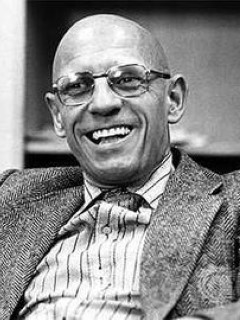
Publication details
Publisher: Palgrave Macmillan
Place: Basingstoke
Year: 1999
Pages: 83-102
ISBN (Hardback): 9781349274475
Full citation:
, "The critical force of fictive theory", in: Reconstituting social criticism, Basingstoke, Palgrave Macmillan, 1999


The critical force of fictive theory
Jameson, Foucault and Woolf
pp. 83-102
in: Iain MacKenzie, Shane O'Neill (eds), Reconstituting social criticism, Basingstoke, Palgrave Macmillan, 1999Abstract
There is a widespread supposition that viable, oppositional or "leftist" politics requires, as Nancy Fraser says, a "critical social science that would be as total and explanatorily powerful as possible".4 Such a supposition underlies Papa's insistence that his son Omar get a good education, an education that would show him who is being 'shafted" by contemporary capitalism, an education that is underwritten (financially) by former and current international divisions of labour. It is not only Spivak who would like to occupy the space of Papa the pedagogue, for whom knowledge rather than money is the key even for Pakistani immigrants in Thatcher's "entrepreneurial society". Fraser, along with other critical social scientists and theorists, among whom I would like to include myself, would like to know clearly what is being done and to whom in this world.
Cited authors
Publication details
Publisher: Palgrave Macmillan
Place: Basingstoke
Year: 1999
Pages: 83-102
ISBN (Hardback): 9781349274475
Full citation:
, "The critical force of fictive theory", in: Reconstituting social criticism, Basingstoke, Palgrave Macmillan, 1999


